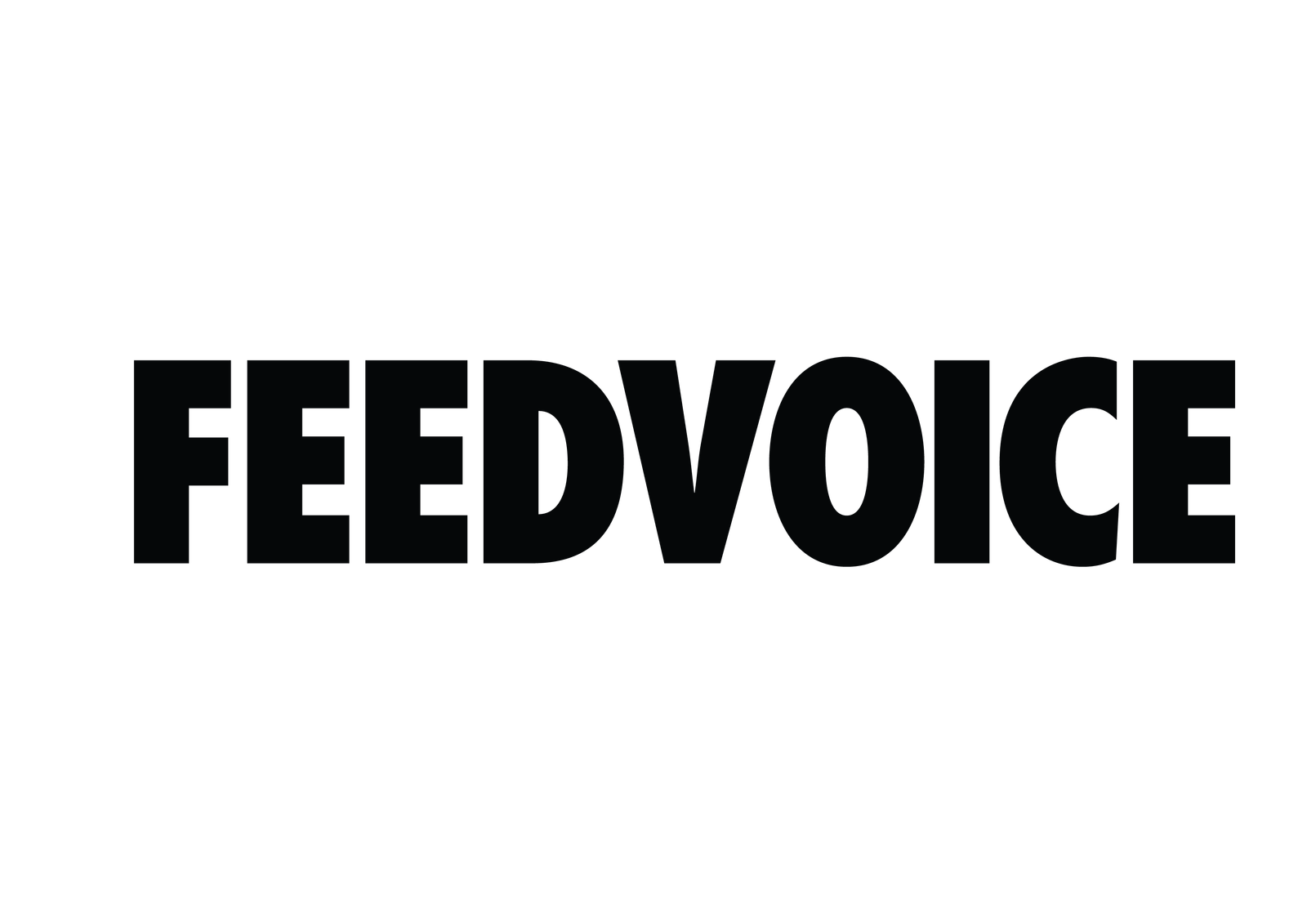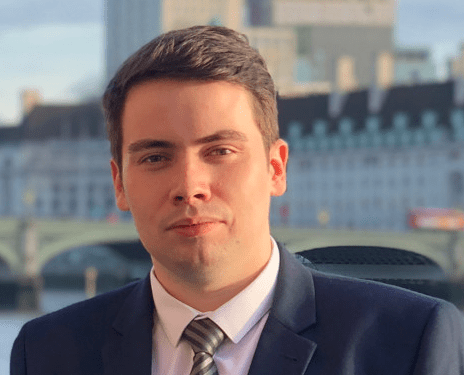No one is born an entrepreneur. Thinking that people are born entrepreneurs would suggest that entrepreneurs are a particular type of people but this is just not true.
Daniel Evans
Let’s learn a little about you and really get to experience what makes us tick – starting at our beginnings. Where did your story begin?
Daniel Evans: So from quite early on I was very keen to run my own business. I am somewhat stubborn and don’t particularly like being told what to do – two things that can make working for other people very difficult! Unfortunately, I had no idea what business I wanted to start or how to start one even if I did have an idea! So I did what a lot of people do and go to university where I studied Business Management at Undergrad and Entrepreneurship at Masters.
I gained skills and knowledge but I certainly didn’t learn exactly how to start a business. There was still so much I didn’t know. It was whilst I was at university I decided I would start a society that would help me and other students interested in starting a business to help each other to learn how to. This society progressed into working with societies at other universities and before long we had a big community of emerging entrepreneurs all seeking support to start their businesses. What I had also discovered at this point is that what I was very passionate about was helping others on their entrepreneurial journey. As I learned new things I would share them with the community and the rest is history! This community became Birmingham Enterprise Community which is what I and my partners run today – providing a wide range of support to early stage entrepreneurs all the way through to high-growth & scaleups.
Can you tell us a story about the hard times that you faced when you first started your journey? Did you ever consider giving up?
Daniel Evans: I think on any journey there are naturally going to be highs & lows. I wouldn’t say we ever considered giving up – the pre-mentioned stubbornness wouldn’t let that happen! I think we are working in a space that is very difficult to build a sustainable model. A lot of business support either runs off public funding or deep corporate pockets. Therefore, trying to build a social enterprise in this space that would be sustainable over the long-term and deeply ambitious in terms of the scope and range of entrepreneurs it supports is crazy on paper.
The hardest point was definitely showing people what we were able to do. If you have a track record then it is a lot easier to sell your services, get buy-in from partners, etc. We had to do a lot of pro bono work in the early days to get things going which then meant we had no resources to run marketing activities, pay wages, etc. We were originally told by someone that to run the program we wanted would require a budget of around £1 million. We managed to run the program for about £200 – thanks to a lot of hard work and going without!
What are the most common mistakes you see entrepreneurs make and what would you suggest they do?
Daniel Evans: I think that by now we could write a book on the most common mistakes (in fact maybe we should). However, it all distils down into one main factor. The reason we see serial entrepreneurs exit a business then successfully build another one is because they’ve developed a wealth of experience that they then draw upon to execute once more. However, new entrepreneurs do not have this. The big mistake they then make is not asking for help! We’ve seen situations where people have spent thousands of pounds on something they didn’t need or enter into a business arrangement without a suitable contract in place. Just getting some good support & advice from those that have done it before could have prevented them from making these mistakes. Going back to experienced entrepreneurs – even these people do this! I had a call from a very successful entrepreneur the other day who had been in business for about 30 years. He was starting a tech business which was not a space he had worked in before so he knew he needed to speak with someone with experience in tech to help plug the gaps in his own knowledge.
The takeaway here is if you don’t know something then speak to someone who does. Whether from a business advice perspective or even if there is something you are trying to understand about your customers – why not pick up the phone and call a potential customer and ask them instead of trying to guess.
Is there a particular podcast you listened to, or business thought leader that you find helpful while maneuvering this pandemic?
Daniel Evans: Yes! This is where I have to give a big shout-out to two fantastic women.
Firstly one of our organization’s mentors – Lee Lam who is the founder of Your Startup Partner (https://www.the-usp.co.uk/). At the very start of the pandemic, she was very one of the first to start offering advice for businesses on what they should be doing-especially around resilience building, continuity planning, and preparing for future scenarios. Some great content over on her YouTube channel (https://www.youtube.com/channel/UCGqAYaH1OhDMqGJU5mOppVQ)
Secondly, is Daniella Genas who runs ‘She’s the Boss’ (https://shesthebossintl.com/about/) and is a business coach that my and one of my business partners use. Again, we had some fantastic direct support from Daniella to support some of our current business challenges whilst also helping us to focus on building a pathway to grow our business further. Additionally, she puts out so much valuable content across her social media channels that is well worth checking out!
In your opinion, what makes your company stand out from the competition?
Daniel Evans: I think there are two clear elements here.
Number 1 is our focus on community – Birmingham Enterprise Community is community-focused by name and by nature. One of the key reasons we set up a social enterprise was to ensure an everlasting tie to our social mission of supporting our community of entrepreneurs. What this means, in reality, is the opportunities to meet entrepreneurs and connections from around the world are huge. Our entrepreneurs come in with a whole range of requests in terms of what they want to connect with whilst on our programs and we do what we then can to make this happen. From someone to help you design the packaging for your product through to someone who can help you set up a business entity in Australia.
Secondly, the whole of our team is made up of entrepreneurs who are all running their own businesses. There are some great people who work within this sector but many who have never run a business themselves. So although they can be helpful, they will never fully understand exactly what you are going through as an entrepreneur. With us though, the whole team lives and breathes entrepreneurship, all run a business, and have all won awards individually for the work that they do.
What do you consider are your strengths when dealing with staff workers, colleagues, senior management, and customers?
Daniel Evans: This is an interesting question. I think I am quite a good listener so digesting what people are telling me comes naturally. Where I think my real strength comes is then to take what I’ve heard and applied what we are working on to find common ground. I’ve been told I am a fairly good writer! So I think this skill gives me the ability to carefully craft a convincing argument which is great for dealing with a variety of scenarios including negotiation, conflict management, stakeholder relations, etc.
How important do you think it is for a leader to be mindful of his own brand?
Daniel Evans: I think there certainly is a power to a personal brand but I actually don’t think that this is essential. It is certainly possible to build a business without needing a personal brand. Actually, there are also benefits to this approach when it comes to a place where you may go through an exit or step away from the day-to-day of the business. You don’t want a situation where the personal brand is bigger than the business brand. However, there are of course situations where this has been of an advantage. Certainly, with BEC I think the brand is about the community rather than a particular person or people.
What I would definitely suggest that leaders be mindful of are their name and reputation. This is something essential for all business leaders. Business communities can be fairly close which means that when you meet someone they will probably ask about if people know you so your reputation is key.
What’s your favorite leadership style and why?
Daniel Evans: Without getting academic I definitely subscribe to the situational leadership model. I don’t think one particular type of leadership works for everyone. Being adaptable and responsive to the needs of the people you are working with and then leading in a style that is going to fit in with this makes a lot of sense. Scenarios also play a factor here! Particular situations call for different leaders. However, this requires a certain skill set. I think leading in a way that suits your skills, personality and abilities is important rather than trying to mold yourself into something you are not.
Do you think entrepreneurship is something that you’re born with or something that you can learn along the way?
Daniel Evans: No one is born an entrepreneur. Thinking that people are born entrepreneurs would suggest that entrepreneurs are a particular type of people but this is just not true. There is a range of different entrepreneurs when we take a look at personalities. There are certain attributes that could be advantageous but not having these are not a barrier to becoming an entrepreneur it just requires a different approach. As so much of being successful as an entrepreneur is about the application of knowledge & skills, going out and executing this is definitely something that can be learned, practiced, and developed along the way. Anyway – entrepreneurship is all about growth & learning so if we don’t believe that people can learn this stuff then we are being hypocritical anyway!
What’s your favorite “life lesson” quote and how has it affected your life?
Daniel Evans: The quote that I live by is from Muhammad Ali and it is “Don’t count the days, make the days count”. I’d loved this quote for a long time as it reminds us not to simply let days pass but to go out and use every hour we have to get where we want to be. On this, if you are looking for a good read then check out “The Soul Of A Butterfly” which was written by Muhammad Ali and his daughter Hana Yasmeen Ali as a reflection looking back on his life. It is very philosophical and is packed full of wisdom which I think we can all live by.
This interview was originally published on ValiantCEO.


